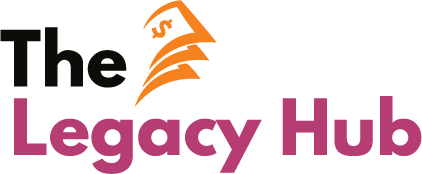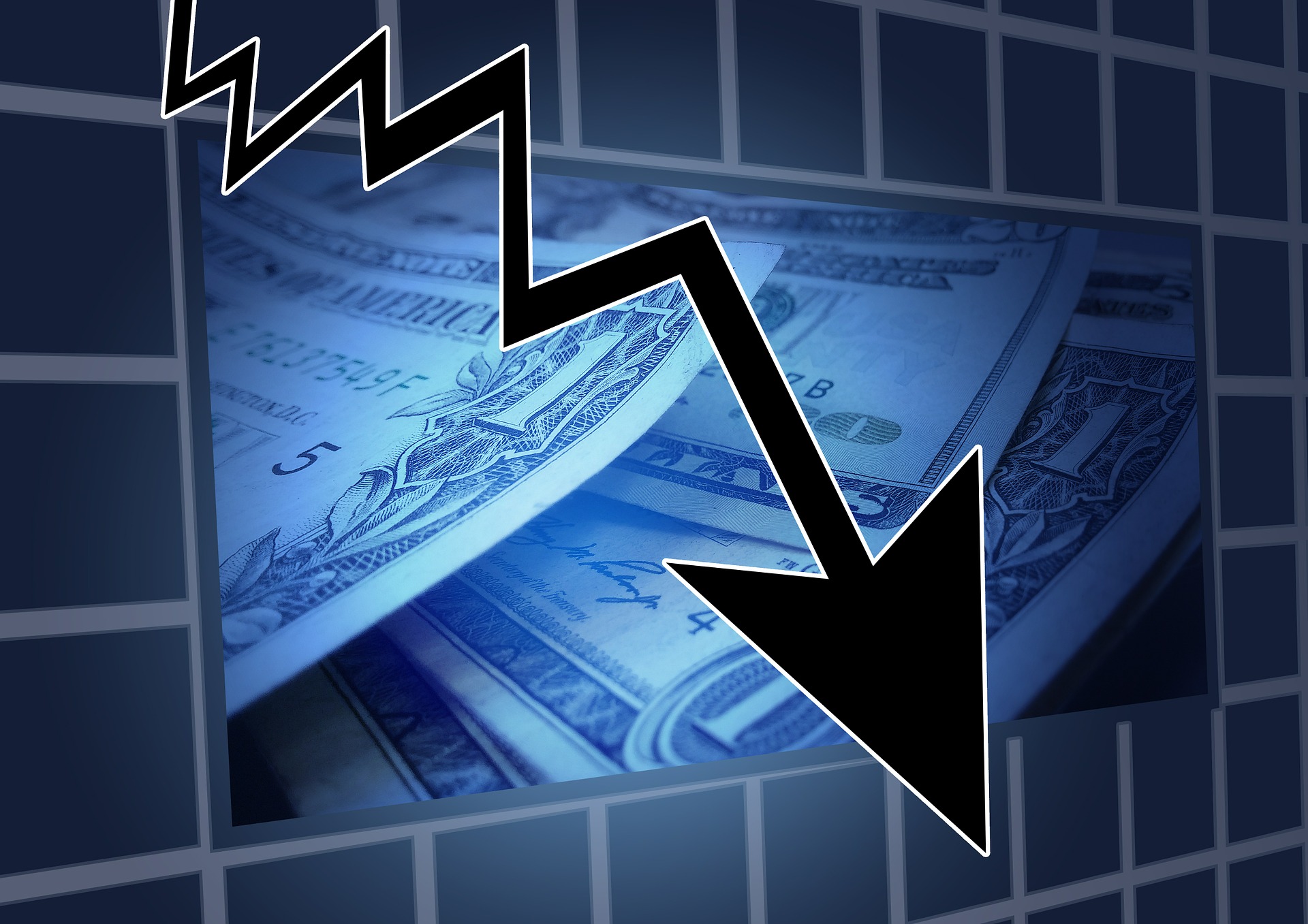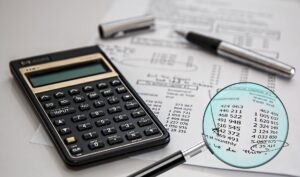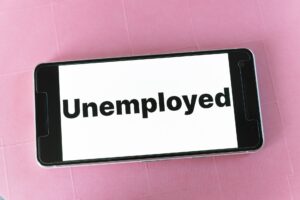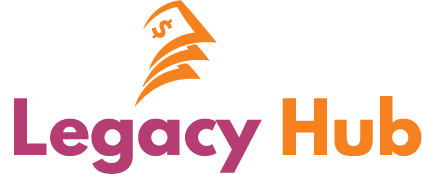In the past few months, it has been completely impossible to hear someone talk about money or the economy without mentioning the fact that there is a looming recession.
Most financial advisors and analysts are actually saying that we already are in an economic recession or we are already going into one.
This is not going to be the first or even the last recession that the world has seen.
While that might be scary, there’s a way that you can actually prepare yourself for this.
But first off…
What is a recession?
According to the Investopedia dictionary, a recession is a significant widespread and prolonged downturn in economic activity.
It is usually characterized by weak growth in terms of output or GDP of most economies which comes with negative effects like high rates of unemployment, increased interest rates etc.
Generally, it’s almost like the economy is slowing down and therefore you’re going to feel it financially. This could lead to loss of jobs, no companies employing people, businesses not doing very well and circulation of money not being as vibrant as it used to be.
Now, you might have heard of an economic depression before.
The difference between an economic recession and an economic depression is just the scale.
A depression is bigger in terms of scale and also in terms of duration. But they both just mean the slowing down of an economy.
In recent times, there have been so many complaints. Everything is so expensive, and even as inflation is on the rise, our income is still the same.
You could choose to bury your head under the sand and pretend it’s not happening or wish and hope it away but the recession is coming whether we like it or not.
A recession could last anywhere from a few months to even five years.
When you’re thinking about financial planning for 2023, you need to take into consideration the fact that maybe the economy will not have recovered or it could even get worse.
It is up to you!
You need to realize that how the recession will affect you has very little to do with what is happening in the market because it’s going to be happening to all of us.
But, it has everything to do with your money behaviour, money habits and also how you’re choosing to reorganize your finances.
Over the years, there have been recessions before and there have been a couple of people who actually did very well during the recession while a couple of businesses went under after the recession.
Since this is something you have no control over, the only thing you can control is you.
So how can you prepare your personal finances even in the wake of recessions, high inflation rates and rising costs of living?
You can start by:
1. Taking a personal finance audit.
You need to do a serious thorough review of your finances. Set aside time for this, get rid of all distractions and take a very honest look at your finances.
How much are you earning? What are your sources of income? How many sources of income do you have?
During a recession, you can’t afford to have just one source of income.
Remember, recessions come with unemployment and layoffs. You can’t just depend on your job during this time.
You may not have a backup plan right now but now is the best time to start thinking of one.
You also need to evaluate your spending and come up with a barebones budget, which is a necessities-only budget and is best for tough financial times.
You will need to also look at your debts as you review your finances. Try as much as possible to get rid of high-interest debts. Determine the debt that would give you the most headache in case you lost your job and start with that.
Also, avoid taking up any more debt at this time.
This is the time to live within your means and have a clear picture of where you are right now.
2. Start an emergency fund.
Something else you need to do is to start an emergency fund if you don’t already have one or if you already have one, you need to bump up your funding.
The recession is going to be a time of slow economic growth.
You need to have an account that will sustain you in the case where you are not getting any income.
Most financial advisors recommend having an account that can sustain you for 6 to 12 months.
Read more on how to build your first emergency fund.
3. Re-evaluate your risk tolerance.
If you’ve been actively investing, whether in real estate, stocks, forex etc, you might want to re-evaluate the risk you are actually taking with your money.
There is no such thing as a risk-free investment.
Now that you’re trying to prepare for a recession, you need to ask yourself if you really want to expose your money to some high-risk investments that could potentially lead you to lose a large portion of your money.
Right now, if you’re looking to invest, I’d recommend you focus more on low-risk to medium-risk investments.
But, if you’re okay with taking a high-risk investment, go ahead but with caution considering we’re going into an economic slowdown.
4. Invest in upskilling and monetizing your skills.
We have to learn how to deal and move with the high costs of living and increased inflation.
As much as cutting costs is helpful, it is not sustainable if the levels of inflation keep rising.
The most efficient way of surviving these times is by actively thinking of how you can make more money.
The easiest place to start is by looking at your skills, expertise and what you are naturally good at and then see how you can monetize that.
It could be as simple as baking pastries on the weekends or babysitting in the evenings.
Every skill can be monetized especially now with social media.
5. Have a solid financial plan.
The other thing you can do to prepare your finances for a recession is to actually have a solid financial plan and stick with it even with changing times.
We are in an age where expert opinions keep changing. Today they’re recommending this, tomorrow they’re recommending that.
It’s easy to get distracted.
Before you ask people what to do with your money or where to invest, first ask yourself ‘What do I want?’
Even right now as you prepare for this recession, ask yourself what you really want.
For instance, you could say, ‘I want to have a roof over my head with or without a job.’ ‘I would like my children to be able to go to the same school despite the economic situation.’ ‘I would like to afford X.’ ‘I would like to retire early.’
List down these things and create a plan of how you will get there.
Your plan could be as simple as going slow on your spending for a certain period of time and saving or investing the money. (Do a no-spend challenge)
Finally, spend less and save more and you WILL survive the recession!
